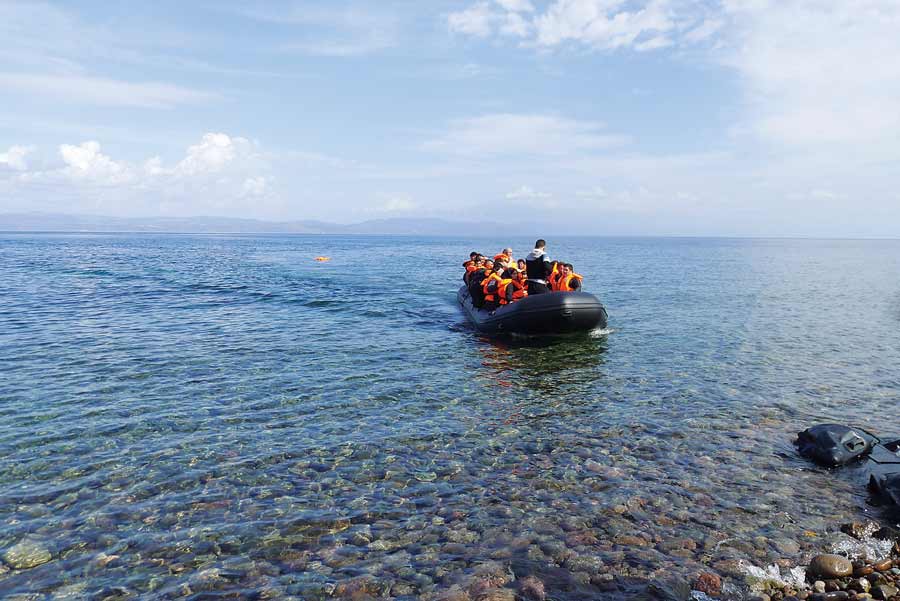Author: Michelle Cortis

In recent years, there has been a shift in the relationship between research and commercial industries. Commercial viability almost always comes into question for ongoing research. Commercialisation can be a boon. When a research project has demonstrated its potential to become a viable business, funding opportunities increase, meaning the research can be turned into a product or service that people can use.
In 2018, as part of a Masters in Knowledge-Based Entrepreneurship, I analysed the commercial potential of an ongoing University of Malta project. I conducted an in-depth market feasibility study on Prof. Ing Joseph Cilia’s Smart Micro Combined Heat and Power System, a device that can be fitted into homes and offices to deliver heat as a by-product of electricity, reducing energy costs. Many EU countries are setting up incentives to make these systems more feasible and attractive to consumers.
For my dissertation, I developed a business plan for the research team. An engineer myself, and having earned a Masters by Research back in 2014, this was different to anything I had done before. My supervisors, Prof. Russell Smith and Dr Ing. Nicholas Sammut, helped me find the right balance between utilising my technical knowledge whilst also analysing the product’s commercial potential. Even my language changed through the process; I began to speak of ‘euros per day’ rather than ‘kilowatt hours’. I learnt to differentiate between technological features and what real benefits future users would gain.
Being presented with a physical product, initially one may assume that it is to be sold to customers, or protected through a patent and licensed to the private sector. However, my market analysis revealed new target audiences that had not been thought of before. Selling the device was not the only way to exploit the project’s commercial potential. What if we leased the product instead of selling it? Should we continue developing the product or is it already innovative enough? What if we developed a spin-out—would it be too expensive or is it worth the investment?
By analysing a project through a commercial lens, all these questions arise, pointing out potential ways to make a good project great. But what makes a good business plan great is when all these questions are answered.
The Project ‘A Smart Micro Combined Heat and Power System’ is financed by the Malta Council for Science & Technology, for and on behalf of the Foundation for Science and Technology through the FUSION: R&I Technology and Development Programme.
Are you carrying out research at the University of Malta which you think may have commercial potential? If so, contact the Knowledge Transfer Office on knowledgetransfer@um.edu.mt

